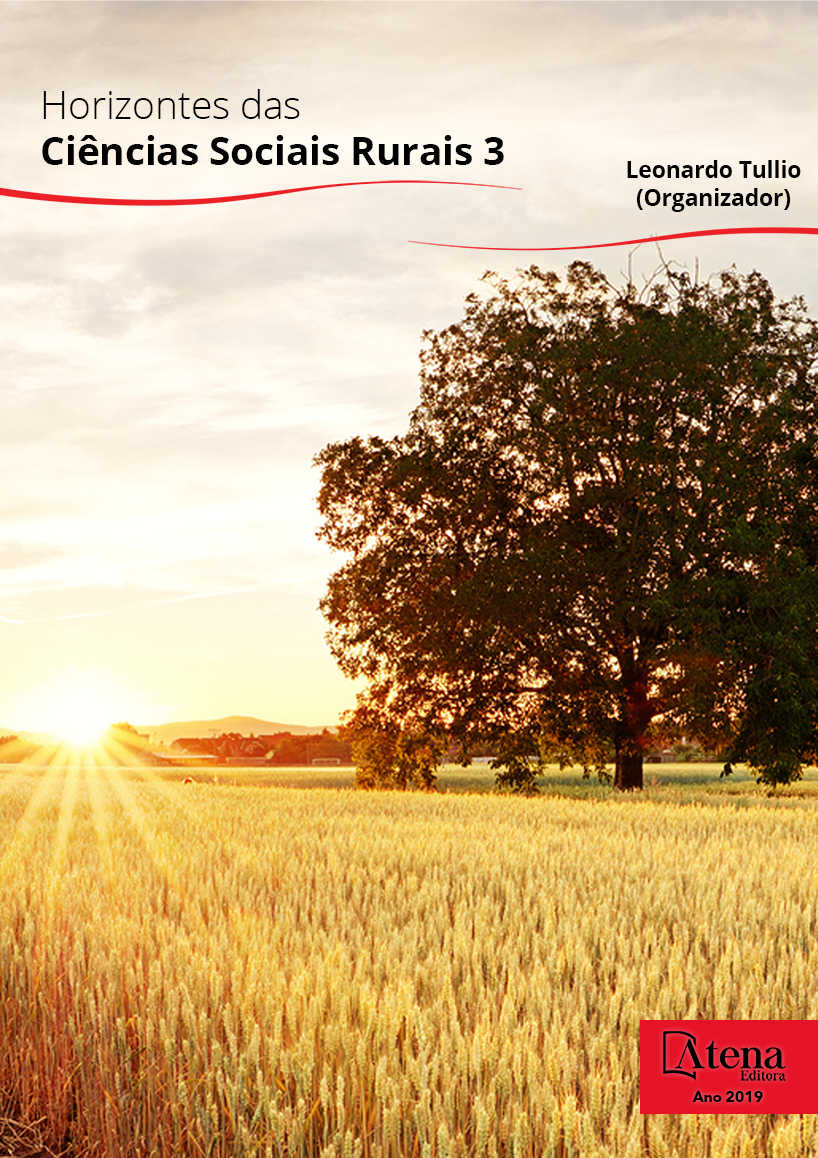
CONFIGURAÇÃO DO TRABALHO EXTRATIVO DA CARNAÚBA À LUZ DAS CONVENÇÕES COLETIVAS DOS ANOS DE 2013 A 2017
Analisa-se a configuração do
trabalho no extrativismo da palha de carnaúba
(Copernicia prunifera (Miller) H. E. Moore)
no estado do Piauí, a partir das cláusulas
negociadas nas Convenções Coletivas
realizadas no período de 2013 a 2017 no
âmbito desse setor. Essa atividade é realizada
no Nordeste do Brasil e proporciona ocupação
e renda para trabalhadores rurais da Região,
no período de estiagem. Como procedimentos
metodológicos, utilizou-se pesquisa documental
com base nos dados do Ministério do Trabalho
e Previdência Social, por meio do Sistema
de Negociações Coletivas de Trabalho –
MEDIADOR. A celebração das Convenções
Coletivas proporcionou a regulamentação
dessa atividade, garantindo aos extrativistas o
acesso a inúmeros direitos, como o registro em
CTPS, férias, décimo terceiro salário, descanso
semanal remunerado, EPIs, entre outros, ou
seja, foi um importante passo para a promoção
de trabalhos decentes nesse setor. Esperase
que as negociações sejam cada vez mais
estimuladas, favorecendo um posto de trabalho
saudável e atrativo às futuras gerações no meio
rural.
CONFIGURAÇÃO DO TRABALHO EXTRATIVO DA CARNAÚBA À LUZ DAS CONVENÇÕES COLETIVAS DOS ANOS DE 2013 A 2017
-
DOI: 10.22533/at.ed.32919180219
-
Palavras-chave: Convenções coletivas; Relações de trabalho; Direitos trabalhistas no campo.
-
Keywords: Collective agreements; Work relationships; Labor rights in the countryside
-
Abstract:
Is analyzed the configuration of
the work on extractivism of the carnauba straw
(Copernicia prunifera (Miller) H. E. Moore) in
the state of Piauí, starting from the clauses
negotiated in Collective Conventions out in the
period from 2013 to 2017 within this sector.
This activity is played out in the Northeast of
Brazil and provides occupation and income
for rural workers in the Region during the
dry season. As methodological procedures,
documentary research was used based on data
from the Ministry of Labor and Social Security,
through the Collective Bargaining System -
MEDIADOR. The celebration of the Collective
Conventions provided for the regulation of this
activity, guaranteeing the extractivists access to
numerous rights, such as registration in CTPS,
vacations, thirteenth salary, weekly paid rest,
PPE, among others, that is, was an important
step for the promotion of decent jobs in this
sector. It is hoped that negotiations will be
increasingly stimulated, favoring a healthy and
attractive job position for future generations in
rural areas.
-
Número de páginas: 15
- Jaíra Maria Alcobaça Gomes
- José Natanael Fontenele de Carvalho


